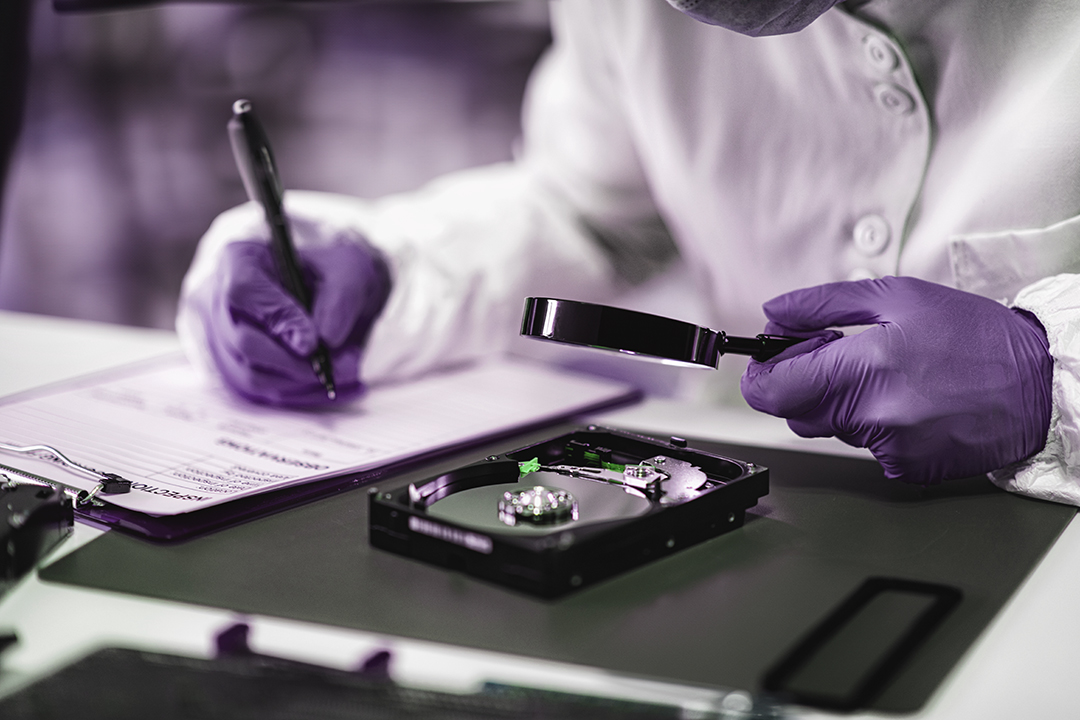If you’ve watched Crime Scene Investigation, you know that forensic science is vital in solving criminal cases. Colour glass filters are particularly significant for being able to reveal details that would otherwise remain hidden. They can filter through light and retrieve the necessary information needed to bring someone to justice.
Follow us for a light yet science-heavy tour through the fascinating role these colourful wonders play in solving mysteries and cracking cases.
Understanding Colour Glass Filters
In forensic science, colour glass filters are used to illuminate evidence in labs or at crime scenes. These filters determine which light wavelengths are allowed through and which are not. This is important because, in the field of forensics, being able to identify the correct information might make the difference between solving a case successfully and coming to a dead end. These filters come in several primary varieties: bandpass, short-pass, long-pass, and so on.
These filters allow only the longer wavelengths, such as reds and oranges, to pass, effectively blocking shorter wavelengths like blues and violets. They are essential for highlighting evidence that responds to longer wavelengths.
The opposite of long-pass filters, short-pass filters permit only shorter, cooler wavelengths, including blues and greens, while blocking longer, warmer ones. They are crucial for visualising materials that fluoresce or absorb in the shorter wavelength range.
With precision filtering, bandpass filters only allow a narrow range of specific wavelengths to pass. This enables forensic scientists to isolate and examine evidence that is distinguishable within a tightly defined wavelength band, making them invaluable for detailed analyses.
Applications of Colour Glass Filters in Forensic Science
Now that we understand what colour glass filters are and how they work with light waves, let’s get into the fun part: how forensic science uses them in the finer details. These filters are not simply for aesthetic purposes; they are also adept investigators, often uncovering hints that are crucial to solving mysteries. This is a summary of the areas in the forensic field where these vivid allies thrive.
At the Crime Scene
Imagine this: a dimly lit alley where a crime scene investigator has just arrived. They can find evidence with the aid of colour glass filters. With the correct filter, bloodstains on dark surfaces, for example, can be made extremely visible.
In Forensic Photography
A major task for forensic photographers is to record evidence in a way that accurately depicts the incident. They use colour glass filters as a hidden weapon. They are able to take pictures that reveal features that are otherwise hidden by selectively blocking out particular wavelengths. In court, where a picture truly is worth a thousand words, this may be a game-changer.
Laboratory Analysis
Under microscopic investigation, colour glass filters truly shine. Filters can be used to distinguish between chemicals that appear suspiciously similar to the naked eye while studying samples under a microscope. Additionally, they can draw attention to particular components of a molecule or increase contrast, which makes it simpler for scientists to find the missing piece of information.
Selecting the Right Colour Glass Filter
Think of light as a spectrum of options, where each colour has a distinct wavelength. These wavelengths are guarded by colour glass filters that can only pass through the ones you need for your forensic investigation. Knowing which wavelengths your evidence “shines” in is the trick. Here’s when a little scientific acumen helps. The filter that will make the substance shine out is determined by the type of substance you are after and the type of light it prefers.
Understanding the Task at Hand
First and foremost, what is the objective? Are we trying to focus on bloodstains at a crime scene or are we delving into the microscopic world in order to differentiate between materials that are almost identical? The filter depends on the task.
Wavelengths are Key
Think of light as a spectrum of possibilities, each colour having its own unique wavelength. Colour glass filters are the gatekeepers of these wavelengths, letting through only the ones you need for your forensic quest.
The trick is knowing which wavelengths your evidence “shines” at. This is where a bit of science savvy comes in. Knowing the substance you’re after and the light it prefers guides you to the filter that will make it stand out. It’s a bit like tuning into your favourite radio station; you need to know the frequency.
Considering the Environment
The environment has a significant influence on your decision. You should think about the lighting circumstances in which you’ll be employing the filter, just as you would with a photo session. By natural light? luminous? LED? Selecting the right filter can mean the difference between a breakthrough and a roadblock because every light source interacts with filters differently.
Final thoughts
In forensic science, colour glass filters operate like a spotlight, illuminating essential but frequently neglected elements and transforming the invisible into the startlingly obvious. Their ability to alter light not only reveals hidden evidence at crime scenes and laboratories, but it also improves the precision of forensic photography and microscopic examination, boosting the credibility of evidence presented in court.
This seemingly basic technology has a huge impact on the pursuit of justice, demonstrating that often the key to uncovering complicated problems is not looking harder but looking smarter—with the correct filter.
Partnering with Experts in colour glass filters
If you’re embarking on a project requiring specialised colour glass filters, make sure to consult with experts in the field. Our knowledge and experience could be the difference in your project. Contact our team today, or call us on 01223 420329 or email our sales team at info@uqgoptics.com.




